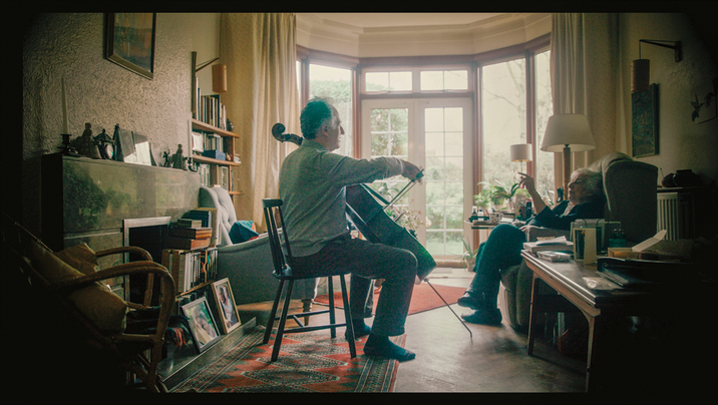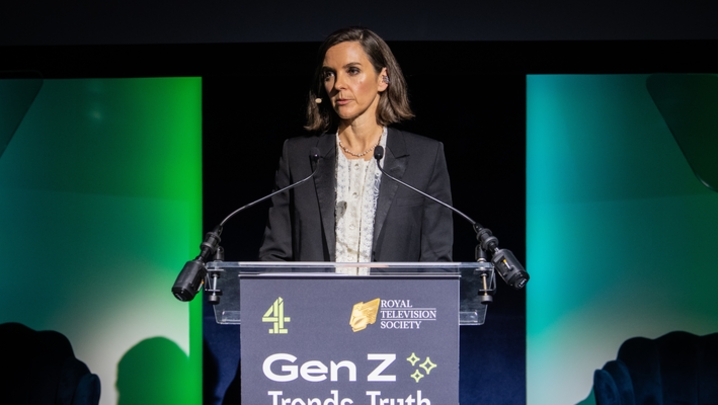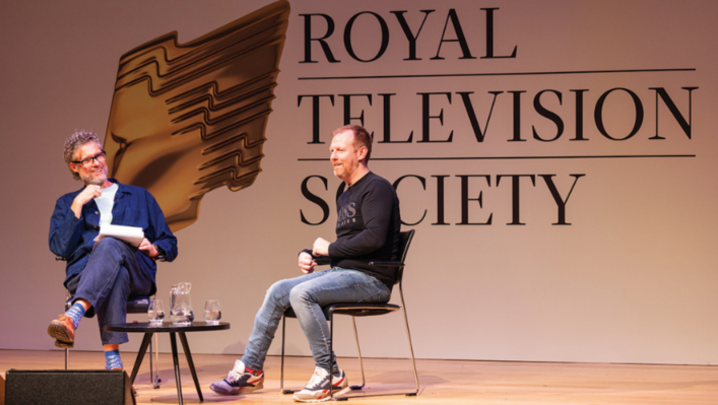Games is one of the fastest-growing entertainment industries in the UK, with a wide range of entry-level jobs demanding creative and programming skills.
In programming, qualifications help to find work, but they are not a prerequisite, said Thomas Brown. The senior games programmer at TT Games, which develops Lego Star Wars games, was talking at an RTS Northern Ireland Futures event in January: “If you turn up to an interview and you’ve got a giant portfolio of excellent projects but you never got an official degree, you’re not going to get turned down.”
Pointing out that there are many free tools to learn from, Brown added: “If you can demonstrate core principles and good, solid ideas and programming techniques, then... that’s all we’re really looking for.”
The event panel also included two experts from the US: Shaddy Safadi, creative director and founder at One Pixel Brush, who has worked with developers on games such as Uncharted; and Jennifer Klasing, a quest designer at Amazon Games.
Klasing, who is based in southern California, explained that quest design is a “weird intersection of... telling stories, writing characters... but also building... game roles... I am putting things in the games that do the storytelling.”
Safadi said that technological progress meant that, in the modern games industry, “it’s easier to make something technically look polished, [though] it’s still just as hard to know composition, to make a layout or tell a story”.
He added that people often think “the big studios know best because they have all the money – it’s not true. There’s stuff coming out every day and those giant ships are hard to turn.... It’s a golden age, I think, of making your own content.”
“Starting out in the games industry” was hosted by RTS NI Futures on 20 January and was part of the BBC Academy’s Digital Cities Virtual series of events.
Report by Matthew Bell







